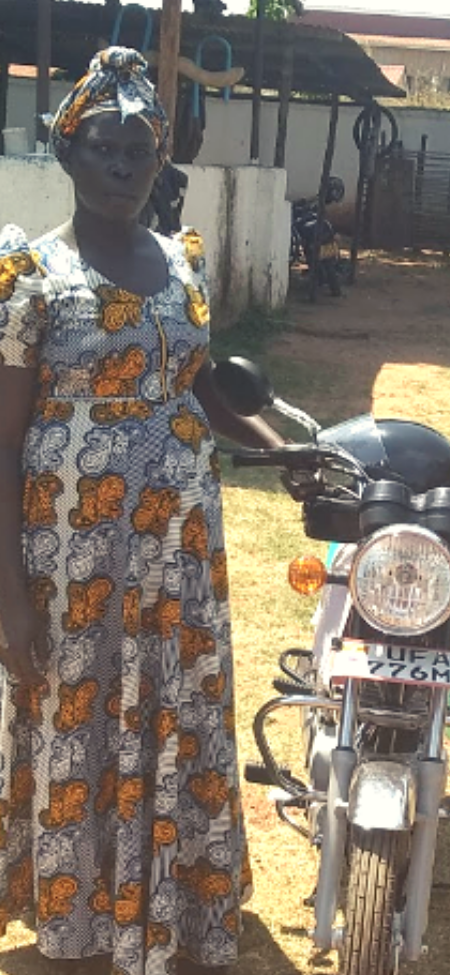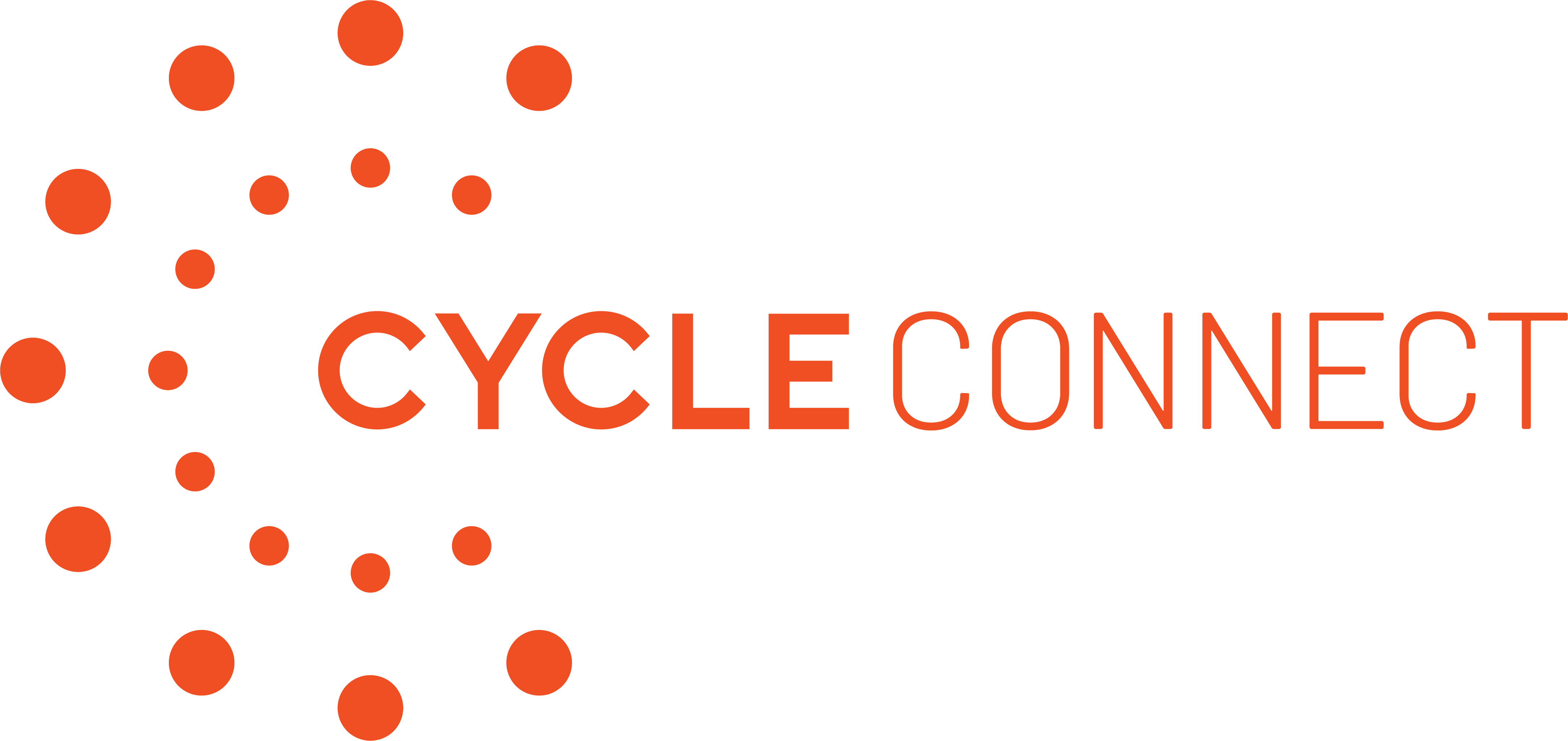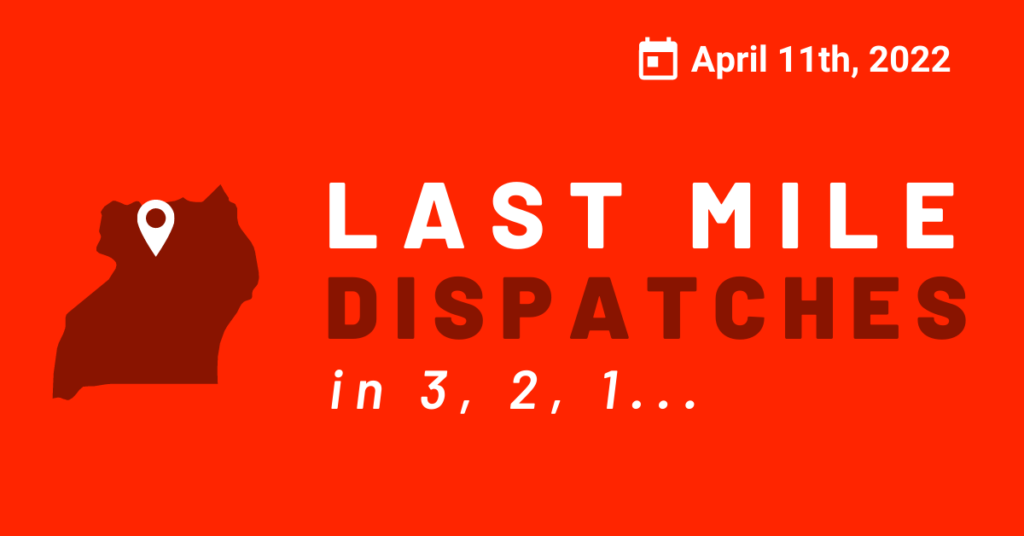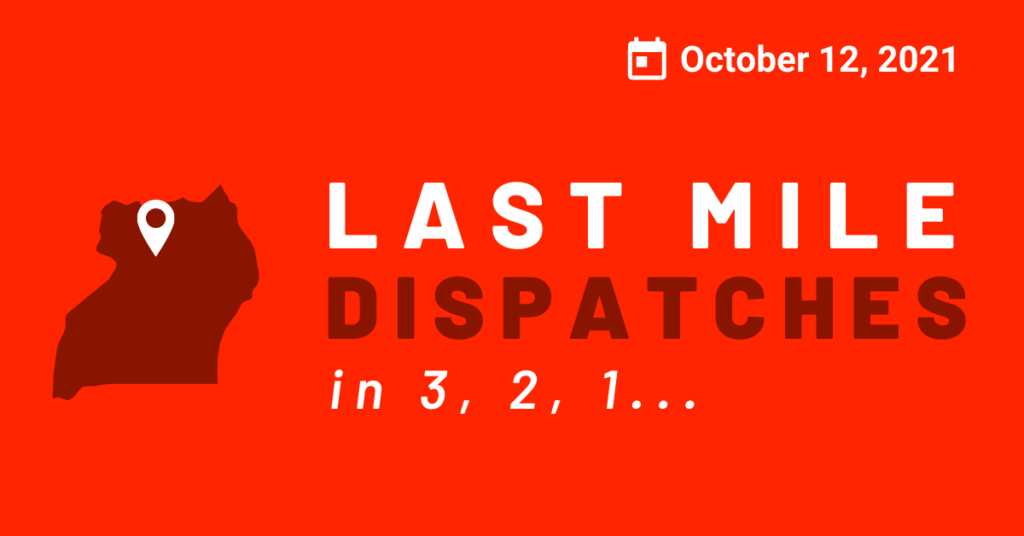By Anika Mohideen
At Cycle Connect, we believe that access to assets enables rural communities to elevate themselves out of poverty into prosperity.
Here’s why:
The vast majority of smallholder farmers in rural Uganda are trapped in the cycle of poverty. Despite working hard on their land and often running multiple side businesses, smallholders often fail to generate enough income to consistently secure basic necessities. Eighty percent of the farmers that partner with Cycle Connect earn around $1.50 a day–classifying them as living in extreme poverty.
Rural poverty is complex. Farmers face many barriers in increasing their income and therefore their standard of living. One fundamentally common problem is that farmers cannot access the necessary credit to invest in the tools and technology needed to increase their productivity. Consequently, this impacts both their income and long-term wealth.
The ability to invest in productive-assets is an efficient way for poor rural communities to create the economic wealth and resilience needed for a more stable and prosperous existence.
The power of assets
At Cycle Connect, we define assets as a useful tool or product that provides value, such as; a bicycle, livestock, or agricultural equipment.
More and more research is uncovering the power assets have on enabling poor communities to optimize socio-economic opportunities, generate income, and sustainably enable donors and investors to scale the UN’s Sustainable Development Goals (World Bank, 2020).
A household can use products to dramatically increase income and serve as a store of value, providing resilience to economic shocks.
However, rural communities living in the last mile tend to be excluded from purchasing assets due to their physical distance and the lack of credit needed to invest in these tools.
How does Cycle Connect equip farmers with assets?
Seventy-four percent of Ugandan smallholder farmers are financially excluded from credit. Ninety percent of smallholders lack access to a bank account (CGAP). The smallholder farmers that Cycle Connect partners with lack access to financial services due to both their status as farmers and their physical distance from banking institutions. These farmers are stuck. They can neither afford to invest in assets outright, and they don’t have the means to borrow the money needed to buy the tools upfront. Additionally, due to living in remote, rural areas (on average over 10 miles from a banking institution), they cannot physically reach a retail distributor.
Cycle Connect is changing this by offering rural farmers access to productive tools through low barrier loan terms and last-mile accessibility. Clients can purchase assets by making a down payment and then paying off the remaining cost through repayments over time.
Traditional financial institutions require borrowers to provide additional collateral. Collateral is a barrier for many rural farmers when trying to take out a loan. It is a contributing factor to both excluding individuals as well as putting them in a potentially riskier situation. Unlike most financial institutions, Cycle Connect uses the asset as collateral, so clients never have to fear repossession of their home or farming land due to repayment default–creating access for more rural families
At Cycle Connect, we have seen that when families have the necessary products to make their land and business more profitable, they can increase their income by thirty percent and higher. In real terms, this means that our clients can put their children in better schools, opt for healthier meals for stronger food security, or invest in their businesses for even further growth and opportunity.
Cycle Connect offers financing for a variety of tools; bicycles, oxen and plow, motorcycles, and agro-processing equipment. Our diverse portfolio of products means that a farmer can take out a loan for the best asset within their income range without becoming over-indebted and simultaneously increase their income gradually to access more expensive- and wealth-generating- assets.
Why are assets important to Cycle Connect’s clients?
All of the farmers we partner with have dreams and goals for their future, but they lack the assets to get them there. Assets enable our clients to increase their productivity and grow their businesses, catalyzing them towards their ambitious goals.
For Lalam Florence, a motorcycle loan enabled her to make her food catering business in northern Uganda a success.
Before Cycle Connect linked her to the motorcycle, Lalam would pay more than double the necessary amount on daily motorcycle taxi costs to transport her food to her customers. The taxi drivers would overcharge Lalam and oftentimes delay her, which decreased her profit and made business inefficient.

The motorcycle from Cycle Connect enabled Lalam to reduce her reliance on taxi services and run her business on her own terms with half the costs. She would earn over $950 per month catering to training events at health stations, as well as feeding travelers, motorcycle taxi customers, hospital, and district staff from within and outside her locality.
Outside of her businesses, Lalam is committed to serving her community and running for a seat in local government. She says the motorcycle she got from Cycle Connect has helped her to meet and mobilize her neighbors during this campaign period.
For smallholder farmers like Lalam Florence, having access to a single asset is catalytic to improving their income and economic resilience; both of which are essential to poverty reduction. Increased income translates to better nutrition, water access, education, healthcare, and housing; whilst also enabling farmers to re-invest their money and build out their business further to higher levels of growth and wealth. Simply put, increased income can help people build a better life for themselves and their families. When Lalam is ready to invest again, she can turn to Cycle Connect to receive additional transformational tools to provide the helping hand she needs to keep propelling forward towards her ambitious goals.
When you replicate this transformational solution and create access to inclusive asset financing across multiple rural households, you can increase the socio-economic status of whole communities. Given that over seventy percent of the entire East African population are poor smallholder farmers (FAO), the impact that assets can have on rural communities and the wider economy is catalytic. This intervention has the potential to bring the millions of rural families in Uganda, and throughout East Africa, out of extreme poverty and into stability and prosperity.




0 Comments